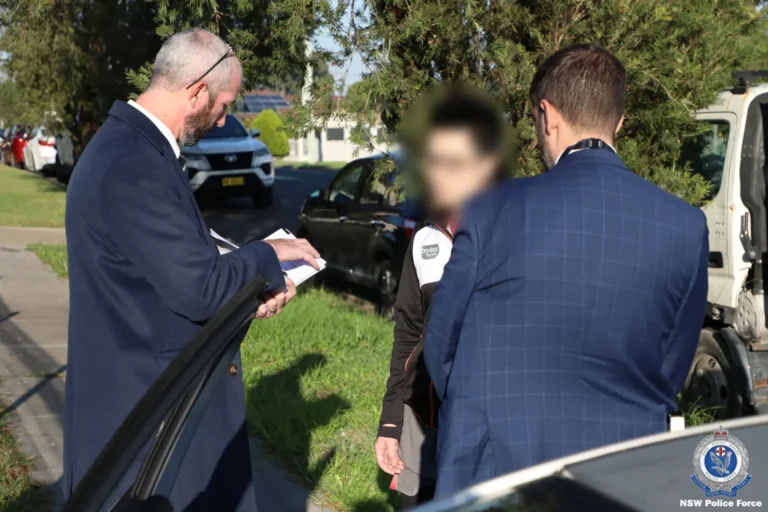
ALAN HOLLINGHURST
Alan Hollinghurst has a preoccupation with time. While he wrote his latest novel, The Stranger’s Child, he was struck by the oddity of the way that memory behaves, how we misremember things, and the changes that the passing of time brings. He wonders if perhaps this preoccupation comes from getting older himself.
The title The Stranger’s Child comes from a poem by Tennyson – In Memoriam A.H.H.: “And year by year the landscape grow / Familiar to the stranger’s child”. The novel spans a 95 year period and is broken into five sections and five periods, beginning in 1913 when Cecil Valance, a Georgian poet, visits the family home of his Cambridge friend and lover George Sawle. There Valance writes a long poem to George, but addresses it to George’s younger sister Daphne. Hollinghurst says that he is just as interested in what we choose to not say as much as choose to say – just as in Booker Prize winning The Line of Beauty, his latest novel jumps in time.
The ‘immense traumatic event’ of World War I also struck Hollinghurst as tremendously interesting and he wanted to explore the effect of that event on people as we rejoin them again and again – to trace the themes of biography, privacy and morality through the century.
In the late 70s, Hollinghurst was a lecturer in English at Oxford University. He then went on to Times Literary Supplement and was the editor there between 1985 and 1990, a moment he says was, “socially expansive, where I met lots of interesting people.” Being part of that literary world and making those contacts suited him as a writer. During that time Hollinghurst wrote a lot of poetry on the go, and it’s that grounding in the poetic and the power of language that’s the hallmark of his novels.
Hollinghurst’s first novel, 1988‘s The Swimming Pool Library, was an
unexpected success, although he admits that it was a gamble. “It set me up,” he says, “and I was doing something new, writing new literary fiction about gay lives and sexual behaviour. At that time I was lucky it was a new area to explore.”
The Folding Star and The Spell followed, and 2004’s critically acclaimed The Line of Beauty won the Booker Prize, and was adapted for a BBC mini-series. It was during this time that Hollinghurst really began to feel a shift in attitudes to homosexuality. “It was an issue when I was first writing,” he says. “My earlier books were specifically gay books, but now this has really widened. My career was shaped as being identified as a gay writer, but I’m not limited by that anymore.”
Alan Hollinghurst will appear in conversation with Sydney Writers’ Festival artistic director Chip Rolley at Sydney Conservatorium of Music, a special out-of-season event in the lead-up to the actual festival kicking off on the 14th May.
Mar 9, 7pm, Verbrugghen Hall, Sydney Conservatorium of Music, Conservatorium Rd, Sydney, $22-27, swf.org.au









